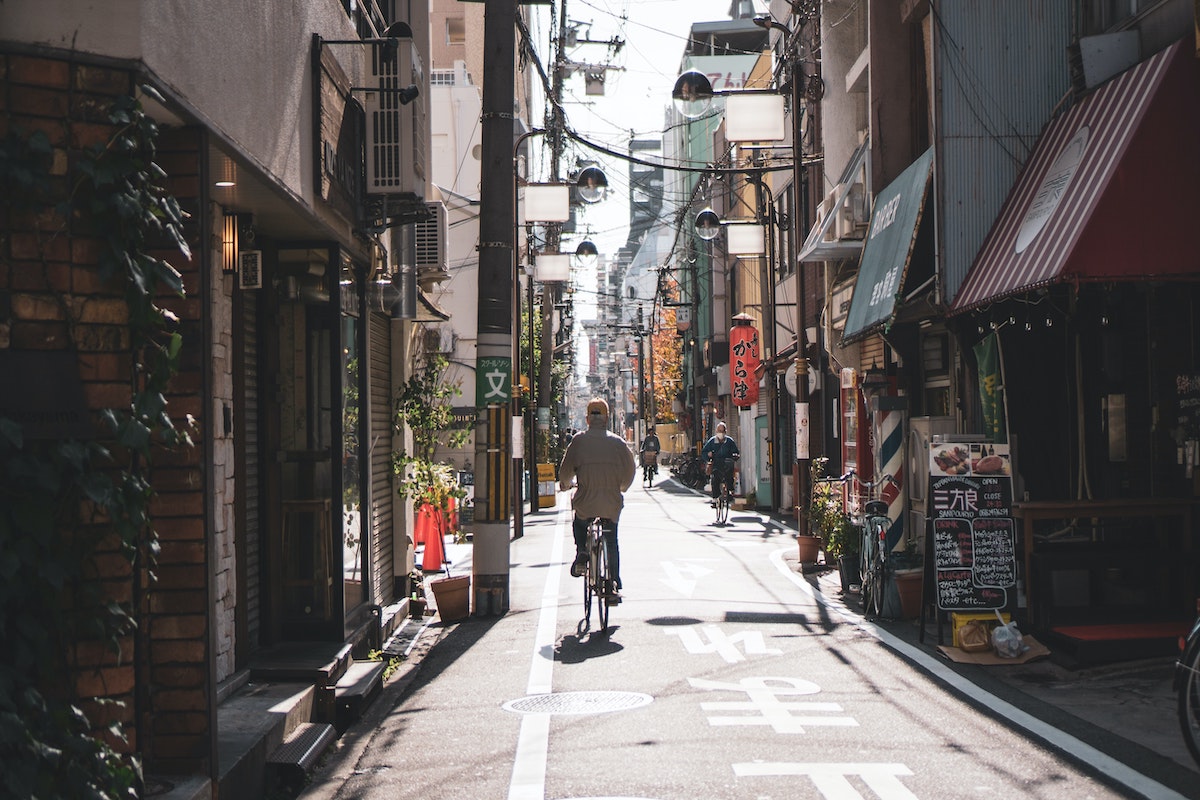I’d like to introduce 8 phrases which you are likely to hear often, should you live with a Japanese family (in a Japanese household) or share a house with Japanese friends.
Check out their meanings one by one!
Itterasshai,Tadaima,Ittekimasu meaning【Japanese greetings for life at home】

Ittekimasu(いってきます)
・I’m leaving now (and will return)
This word is used when leaving the house or your place of work.
“Ittekimasu” is said by the person who is leaving.
However, it’s used in a different context than “sayonara”.
“Ittekimasu” is used when the person who is leaving expects to return.
A: When will you be back?
B: Around 7:00 pm I guess. Ittekimasu!
A: Itterasshai.
Itterasshai(いってらっしゃい)
・Please go (and come back)
“IItterasshai” is the response to “Ittekimasu”.
When somebody is leaving and says “Ittekimasu”, you should respond with “Itterasshai”.
You can even say “Itterasshai” first as someone is leaving.
“IItterasshai” is often used as a set with “Ki wo tsuketene”, which will be introduced below, and it is used with the feelings of being careful.
Mum: Do you have everything?
You: Yep. Ittekimasu.
Mum: Itterasshai.
Ki wo tsuketene(気をつけてね)
・Take care / Have a nice day
In Japan “Ki wo tsuketene” is a commonly used, everyday phrase. It’s an important way of showing concern and caring during farewells.
With the feelings of wishing for safety.
It is a way of telling somebody who is leaving to be wary of trouble, avoid injury and return safely.
It’s no exaggeration to say that this is an essential phrase to use when saying farewells to an important person in your life.
Ayano: I have to go now.
Mom: Itterasshai, Ki wo tsuketene.
Ayano: Ok! Bye.
Tadaima(ただいま)
・I’m home / I have to come back now
This is an expression used after “Ittekimasu” and “Itterasshai” by the person that left, upon their return.
You: I’m home!
Mom: Welcome back! How was school?
Okaerinasai(おかえりなさい)
・Welcome back
It can be used when someone returns.
“Okaerinasai” is formal and “Okaeri” is casual.
BUT YOU CAN NOT SAY “Tadaimanasai”
A: I’m home.
B: Okaerinasai.
Itadakimasu(いただきます)
・Let’s eat / Let’s dig in
It’s a way of showing appreciation to the people who prepared the meal and to those who are there to share it.
There’s no direct English translation, however it’s something akin to “let’s eat” or “let’s dig in”.
We don’t have those expressions in English, but the closest expression is “Let’s eat” or “Let’s dig in”. (This is repeated above)
You: Wow, It’s looks great!
Mum: Because today is a special day.
Dad: Let’s dig in!!!
Gochisousama deshita(ごちそうさまでした)
・It was delicious / I’m stuffed
Similar to “Itadakimasu”, “Gochisou samadeshita” is a great way of expressing both appreciation and satisfaction.
“Gochisou samadeshita” express gratitude to the people who cooked the meal.
The Japanese words “Itadakimasu” and “Gochisou samadeshita” are useful words with various feelings such as gratitude and satisfaction.
“Gochisou samadeshita” and “Gochisou sama” both have the same meaning, but “Gochisousama deshita” is a much more formal way to say it.
A: Hmm
B: It was really good, wasn’t it.
A: Yes it was. Gochisousama deshita.
B: Gochisousama deshita.
This is a special situation where you may use it.
You can say “Gochisousama deshita” after you finished your meal, but you can also say it if someone pays for your meal.
A: Thank you for the meal, Gochisousama deshita.
B: You’re welcome:)
Oyasuminasai(おやすみなさい)
・Good night
When we go to bed, we say “Oyasumi” to someone.
“Oyasuminasai” is formal and “Oyasumi” is casual.
So, when someone says to you “Oyasumi”, you can respond with “Oyasumi”.
A: I’m gonna go to bed now.
B: Alright, sleep well.
A: Thank you, Oyasumi.
B: Oyasumi.
Thank you for reading<3


